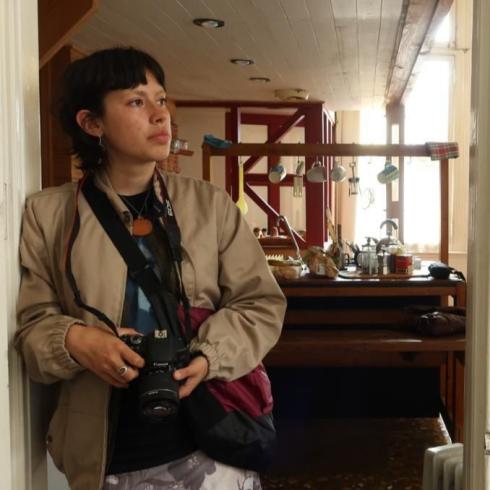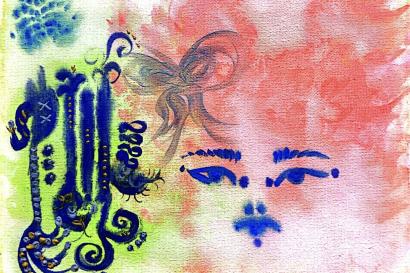The #1 reason people say they study abroad is to “experience a different culture, location, and/or lifestyle.” For me, being a Latino person of Mexican descent has uniquely shaped how I’ve experienced Spain. Coming here, I expected my background in Spanish to be an advantage—and it has been—but my journey has also been about exploring the nuances of identity and culture in ways I didn’t fully anticipate.
Growing up as someone of Mexican and Polish descent in the U.S., I often felt the familiar “in-between” experience many children of immigrants describe: neither fully belonging to one culture nor the other. My Mexican heritage gave me a connection to Spanish, but my Polish side added layers of cultural complexity. In Spain, I feel hyper-aware of these intersections. I’m not Spanish, though I speak the language. I’m Latino, but my cultural experience isn’t the same as the Latin Americans I meet here.
For example, my accent marks me as different, even as I grow more confident in my Spanish. Words I use naturally sometimes feel out of place here, or I stumble over phrases that Spaniards throw out with ease. At the same time, conversations with Latin American peers highlight gaps in my knowledge of shared cultural references. I’ve learned to embrace this liminal space, though—it mirrors the way I’ve felt my whole life: fluent but not perfect, connected but distinct.
One of the most striking experiences I’ve had here was a class visit to the Museo de América in Madrid. This museum showcases the art, archaeology, and ethnography of the Americas, spanning from the Paleolithic period to the present. While there, I saw a beautiful ofrenda for Día de los Muertos, a touching reminder of home. I hadn’t realized that Spain also celebrates its own version of the holiday, with streets bustling with flower vendors on this day of remembrance. It was a poignant reminder of how our cultures share similarities, borrowing and lending while also growing distinctively in their own right.
However, being in a museum centered on colonial history also presented challenges. I admired the beautiful artifacts and displays, but I couldn’t ignore that many of these pieces arrived in Madrid through imperialism. This led to deep discussions with friends about the complexities of Spanish as a “colonizer’s tongue.” For many Latinos, it’s also our language, shaped and enriched by our cultures and history. While we acknowledge its origins, we carry it forward with pride, making it uniquely ours.
Despite these challenges, living in Madrid has been transformative. I’ve grown immensely as a Spanish speaker, but even more so as someone navigating identity in a global context. The city’s vibrant culture and relaxed lifestyle are a stark contrast to my usual fast-paced rhythm back home. Madrileños remind me daily to slow down and savor the moment, whether it’s lingering over tapas in Lavapiés or people-watching in a Malasaña terraza.
This experience is teaching me to let go of the need to fit neatly into one cultural box. Instead, I’m embracing the richness of my mixed identity and the beauty of connecting across cultures—even when I don’t always have the perfect words.

Layla Santiago
An avid hiker and rookie musician, I love being outdoors and jamming on the guitar whether solo or with friends. Having Mixtec, Mexican, and Polish heritage has allowed me to appreciate diverse cultures and perspectives.








